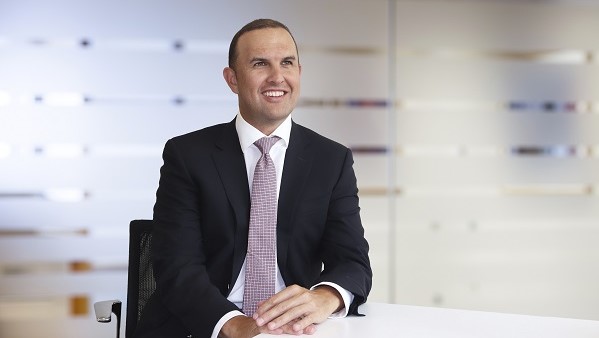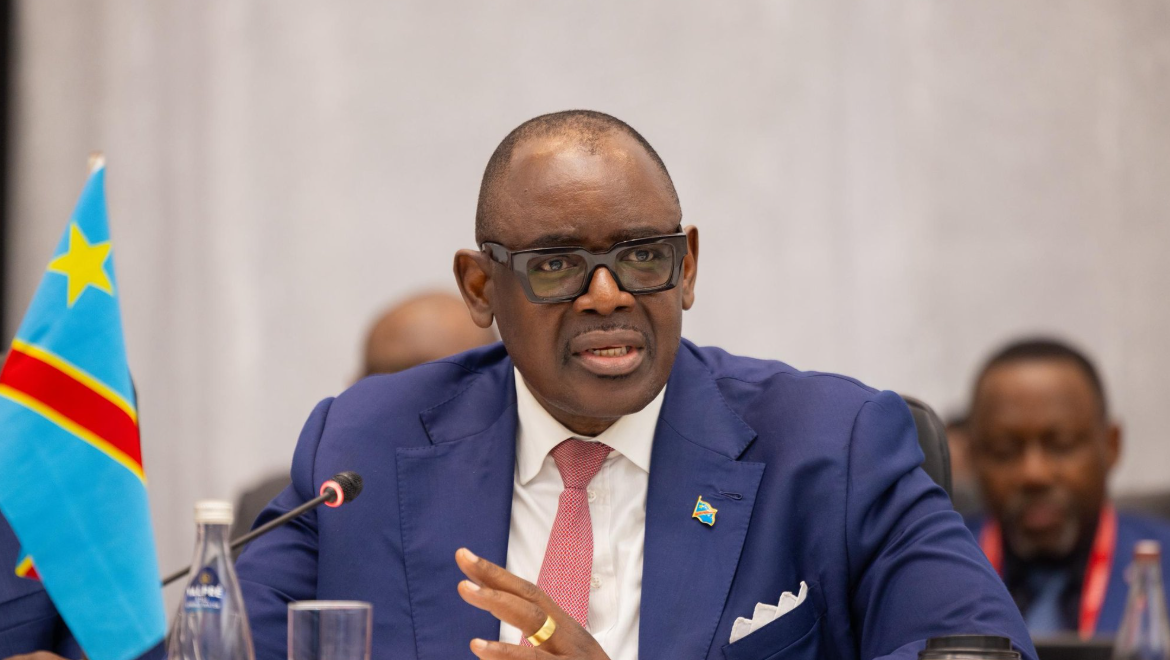INTERVIEW: Aaron Puna CEO, Anglo American Chile

How is Anglo American positioning itself as the mining industry transforms?
In the decades ahead, mining must transform more significantly than it has in the last century. This involves addressing the industry’s critical challenges, including safety, productivity and the use of energy, water and land. In addition, society expects that the mining industry should contribute more effectively to socio-economic development, while reducing its environmental footprint.
In this context, we define as our purpose to re-imagine mining to improve people’s lives. We do this through FutureSmart Mining™, our innovation-led approach to sustainable mining. It is our blueprint for the future of our business. A future in which broad innovative thinking, enabling technologies and collaborative partnerships will shape an industry that is safer, more sustainable and efficient, and better harmonised with the needs of our host communities and society as a whole.
What is the overall importance of Chile in the context of Anglo Americans broader project portfolio?
Anglo American has had a presence in Chile since 1980; it has interests in two of the world’s largest copper mines, Los Bronces and Collahuasi, and employs more than 10,700 people. In addition, we operate El Soldado mine and Chagres smelter.
Our copper assets in Chile are of exceptionally high quality and there is potential for growth at both sites. Los Bronces has been mined for more than 150 years, and potential exists to extend the current life of the mine beyond 2040.
What are Anglo’s future plans for the continued development of Los Bronces?
We have recently submitted for environmental evaluation Los Bronces Integrated (LBI) project, which was designed to prevent significant environmental impacts. The project is the result of six years of scientific territorial studies, analysis of international experience and three years of active dialogue with local communities and various stakeholders. These activities identified the conditions to be met by the project’s design allowing a harmonious co-existence with its surroundings.
As a result, the LBI project was designed under the following sustainability criteria: No impact on glaciers; no impact on the biodiversity of protected areas; no additional fresh water use in processes; using already authorised capacity of tailings and waste rock deposits; using existing processing plants and no additional traffic on the access road.
What initiatives does Anglo American have in place to enhance the sustainability of its operations and to contribute to the well being of communities in Chile?
Globally, we have acquired several commitments to accomplish our purpose: 30% reduction in energy use, 50% reduction in water abstraction and 30% reduction in GHG emissions by 2030. In Chile, Anglo American has applied its FutureSmart Mining™ approach boosting actions to have more sustainable operations.
We are implementing a new Strategy of Water Management, which seeks to be able to face the challenge posed by climate change and drought through an action plan that considers: Water use optimization by the use of new technologies in the mining process; collaborative work in the areas of influence to support water availability for communities; access alternative sources of industrial water, not good for human consumption nor agriculture; and develop scientific studies to have up to date data which will help us make a better use of the resource. Related to this strategy, we can mention that Los Bronces recirculate between 70% and 80% of the water the operation uses in the mining process.
In the same way, we continue implementing and developing new technologies to reduce our emissions such as the introduction of electric buses to transport our workers, TIER 4 engines and the Start Stop system for the trucks we have at Los Bronces. In addition, we recently signed a contract to have 100% of supply from renewable energy sources that will reduce our CO2 emissions 70% from 2021; a similar agreement was reached by Collahuasi which will take effect in April this year.
Furthermore, the company has installed the first photovoltaic plant built on a tailing’s facility in the world at Las Tórtolas. These floating solar panels will help to reduce evaporation from the tailings facility, therefore making more water available for the water recirculation system. At the same time, it will generate clean energy for the operation.
(This article first appeared in the Global Business Reports)
{{ commodity.name }}
{{ post.title }}
{{ post.date }}




Comments